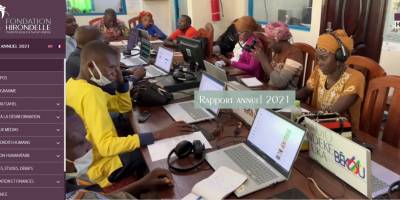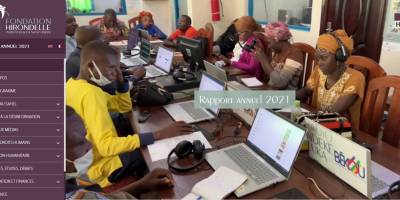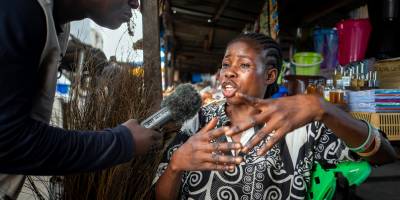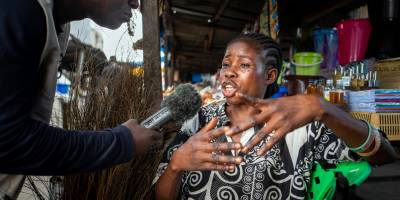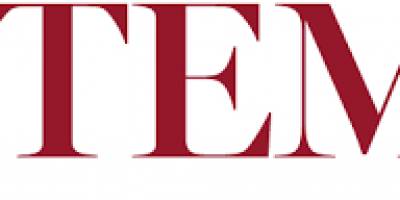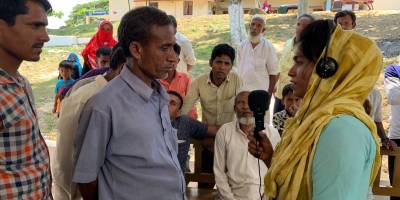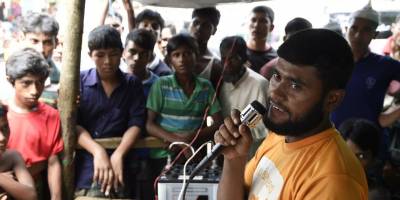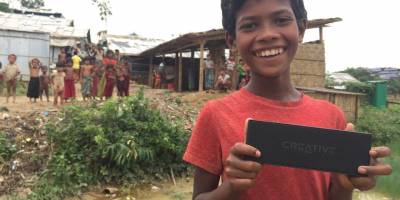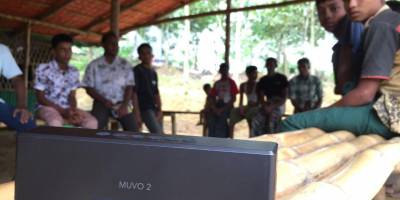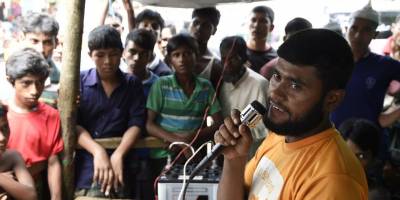In June 2018, Fondation Hirondelle started a project in Bangladesh, in the Rohingya refugee camp of Jamtoli. In 2019, we expanded the project into two additional Rohingya refugee camps and we also now work with affected Bangladeshi communities near the camps. Fondation Hirondelle’s work aims to contribute to the resourcefulness and resilience of refugees and the host community and strengthen social cohesion between the groups.
According to the United Nations, more than 700’000 of the Rohingya Muslim minority have fled the state of Rakhine in northwestern Myanmar since September 2017. Witnesses report scenes of unparalleled violence and destruction. Many refugees have been injured or severely traumatized by the separation of their families. Exhausted by their journey, they arrive on the other side of the border, in Bangladesh, in host camps completely overcrowded with very basic shelters, polluted water, and significant risks of disease.
This massive influx of people has put major strains on local resources and has required a large-scale humanitarian response which is sometimes lacking effectiveness in communicating with affected populations. Timely and credible information in crisis situations can be the difference between life and death by helping people make good decisions, dispelling rumors, and calming tensions. Receiving feedback from affected populations also plays a key role for humanitarian actors in better defining priorities and relief efforts and mitigating tensions.
In partnership with HEKS/EPER, a Swiss NGO working in the camps and with host communities, Fondation Hirondelle’s project aims to improve the access to important and practical information for nearly 10,000 listeners a week living in the camps and in communities nearby. The project is also an accountability tool and seeks to improve access to information about the refugees’ needs and the situation in the camps for the humanitarian organizations active there. The project lastly aims to contribute to increased social cohesion between refugees and host populations through shared media programming.
The project includes the production of an audio program in 3 refugee camps by a group of refugees with oversight and support by Fondation Hirondelle producers. The programs offer information on camp life, important information and awareness messages from NGOs working in the camp, and the government. Since the Covid-19 outbreak, the programs have focused on the direct impact of the pandemic on refugees, as well as on mitigating its secondary impacts. The broadcasting of the audio programs is implemented through a narrowcasting network of loudspeakers set up in places where the population gathers. To ensure feedback from affected populations and increased accountability, the project also includes the compilation of important information from audio program content from refugees, shared with producers, camp managers, the government and other humanitarian actors. A weekly program is likewise produced for host communities with information about services and advice that could improve their food security, livelihoods and knowledge about health and rights. This is broadcast in small listening groups and on the local radio station Bangladesh Betar. Lastly, the project aims to increase social cohesion between refugees and local populations through an audio program that brings the host and refugee populations together through radio.
Objectives
- Increased resourcefulness and resilience of refugees and greater strengthening of accountability within the camps.
- Improved resilience and resourcefulness of host community around the refugee camps.
- Increased social cohesion among refugees, host community and other stakeholders.




